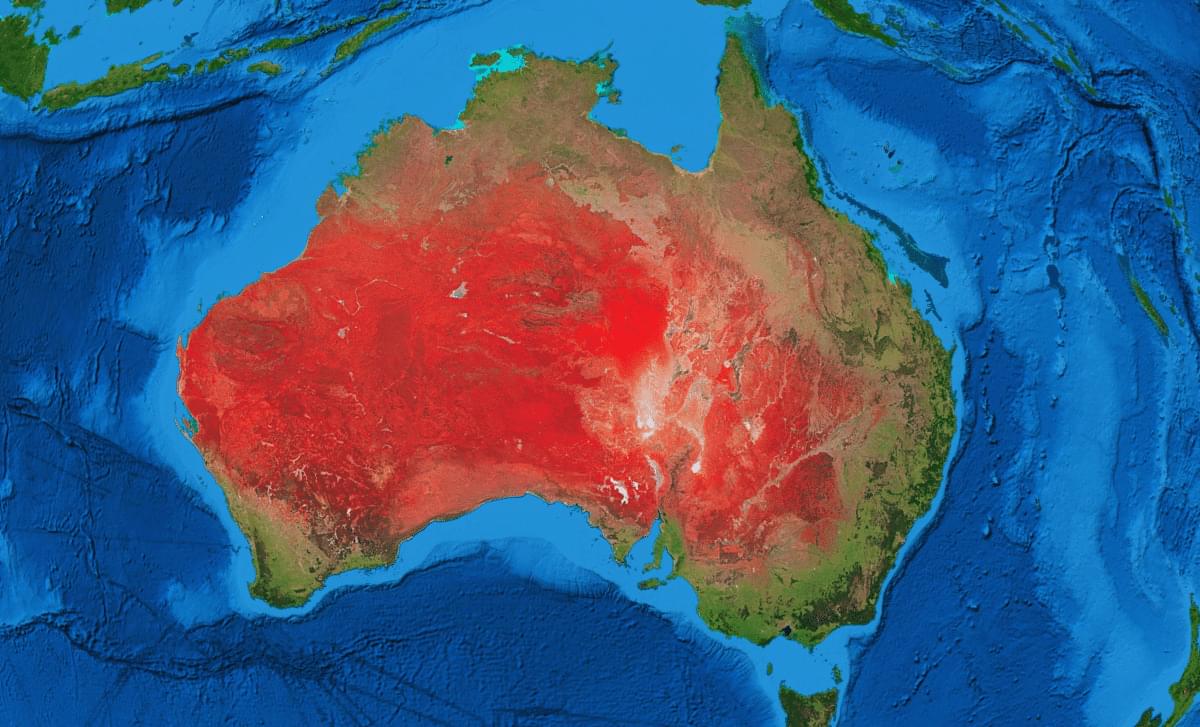A group of researchers has built a computer chip in a flexible fiber thinner than an average human hair. The team from Fudan University in Shanghai says that their Fiber Integrated Circuit (FIC) design can process information like a computer, yet is durable enough to be “stretched, twisted, and woven into everyday clothing.” Use cases touted by the authors of the paper include advancements in the fields of brain-computer interfaces, VR devices, and smart textiles. This cutting-edge FIC design was apparently inspired by the construction of the humble sushi roll.
Flexible electronics have come a long way in recent years, with malleable components for power, sensing, and display readily available. However, so-called flexible electronic devices and the wearables made from them still usually contain components fabricated from rigid silicon wafers, limiting their applications and comfort. The Fudan team says that their FIC can remove the last vestiges of electronic rigidity “by creating a fiber integrated circuit (FIC) with unprecedented microdevice density and multimodal processing capacity.”


